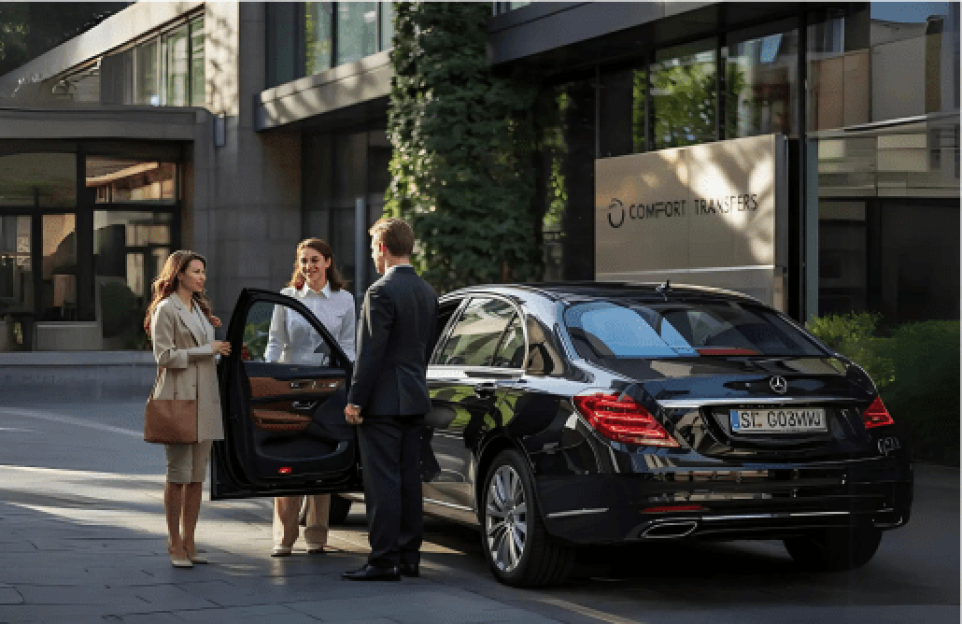PASSENGERS will soon be allowed to take two litres worth of liquids in their hand luggage under a major relaxation of airport rules.
The 100ml limit will be binned along with the ban on large electrical items like laptops and tablets.
People waiting in line waiting for an airport security checkIt means holidaymakers can take a big bottle of water, tube of toothpaste or can of deodorant through security for their flight.
Transport Secretary Mark Harper said: “The tiny toiletry has become a staple of airport security checkpoints , but that’s all set to change.”;;
Cutting-edge tech will be phased in over the next two years to allow the new rules to come in by June 2024.
X-Ray scanners will give officers a clearer 3D image of what’s in passengers bags .
Ministers hope the tech will cut queuing times while also catching possible threats.
The current 100ml limit was introduced in 2006 following a terrorist plot to prevent the use of liquid explosives.
Laptops and tablets are also currently not allowed into the cabin making it harder for people to work on flights.
The changes will be introduced at airports gradually and Mr Harper reminded passengers to check the rules before travelling.
Christopher Snelling, Policy Director at The Airport Operators Association added: “This investment in next generation security by the UK’s airport operators will provide a great step forward for UK air travel, matching the best in class around the world.”;;




